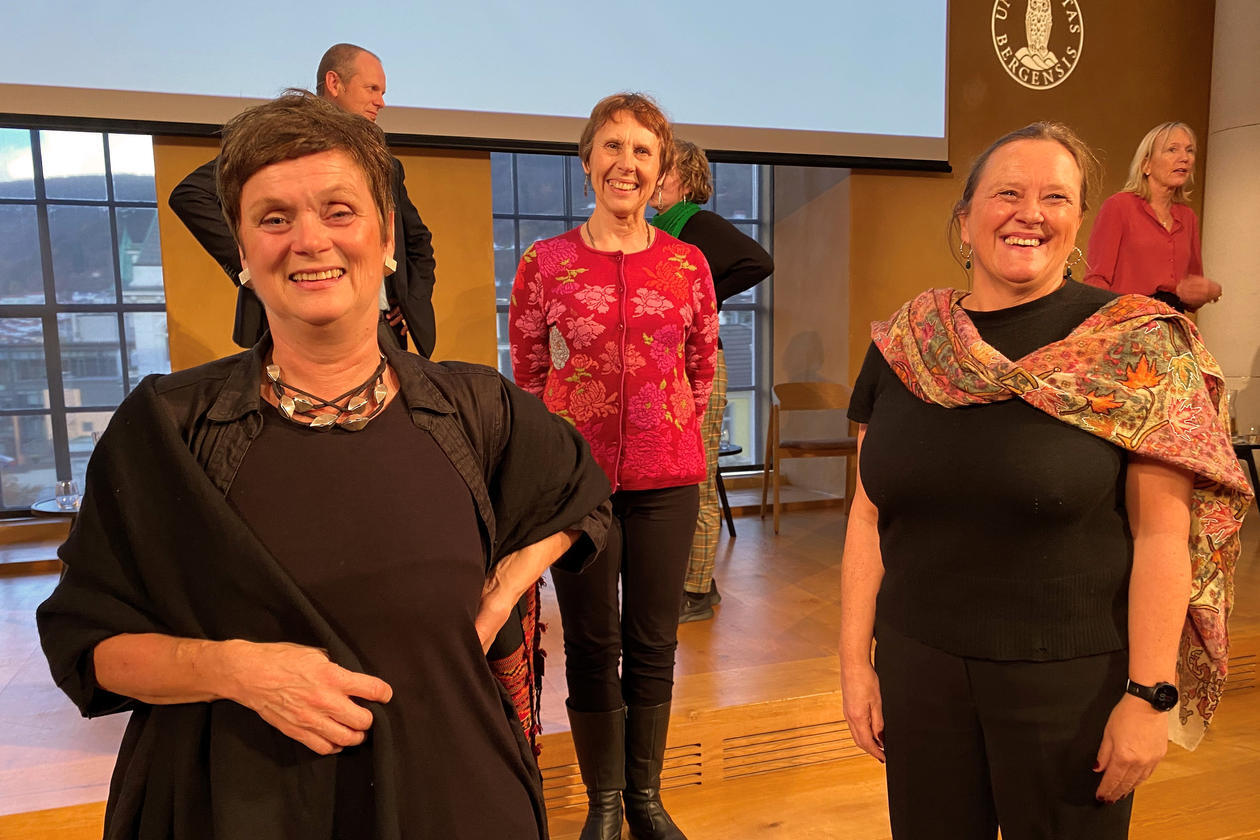Governance
Addressing complex global challenges—climate change, health, migration and inequality—is fundamentally about governance. It is about establishing norms and institutions that regulate the actions of individuals, companies and states in more sustainable and just ways.

Main content
Bergen School of Global Studies offers a master’s programme in governance, as well as a range of PhD and MA courses that provide multidisciplinary insights into the governance of the different global challenges:
- What are the current global and local governance architectures (treaties, laws, regulations and regulatory bodies) for health, climate and migration?
- How and by whom are these norms and structures established?
- (How) are they implemented and monitored and how are transgressions sanctioned?
The courses also provide the basis for critically addressing the biases and shortcomings in the current governance frameworks: who benefits, who bears the costs? what the institutional structures perpetuating and driving inequality and unsustainable behaviour?
LawTransform (the CMI-UiB Centre on Law & Social Transformation) is the hub of the BSGS-governance pillar. Based at Bergen Global, it is a global centre with affiliated researchers from across all continents and a broad range of disciplines sharing an interest in understanding how rights, law and legal institutions are used as tools for social change – and to what effect.
At the core of LawTransform is a range of international research projects. A dedicated group of researchers, PhDs, interns, students, and volunteers take the LawTransform agenda forward in research, workshops, seminars, webinars, podcasts and on social media. The annual Bergen Exchanges on Law & Social Transformation is open to all and offers a week of dialogue with central scholars in the field on central questions related to the governance of global challenges, with an integrated PhD course on Effects of Lawfare.
